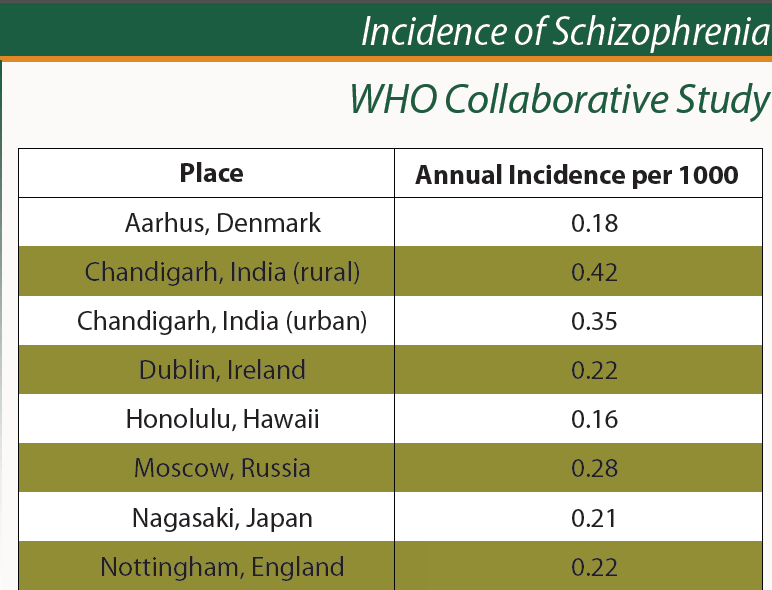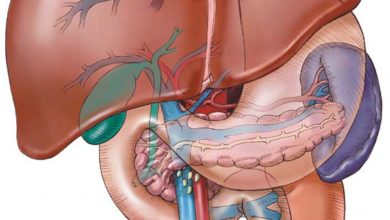Schizophrenia: what is it

Schizophrenia
is a complex mental disorder that makes it difficult to:
1- Tell the difference between real and unreal experiences
2- Think logically
3- Have normal emotional responses, Behave normally in social situations
Causes, incidence, and risk factors :
Schizophrenia is a complex illness. Mental health experts are not sure what causes it. However, genetic factors appear to play a role.
• Certain environmental events may trigger schizophrenia in people who are genetically at risk for it.
• You are more likely to develop schizophrenia if you have a family member with the disease. Schizophrenia affects both men and women equally.
Symptoms
At first, you may have the following symptoms:
• Irritable or tense feeling
• Difficulty sleeping , Difficulty concentrating
As the illness continues, problems with thinking, emotions and behavior develop, including:
• Lack of emotion (flat affect) ,(delusions) and(hallucinations).
• Problems paying attention
• Thoughts “jump” between unrelated topics ( “loose associations”)
• Bizarre behaviors
• Social isolation
Symptoms can vary, depending on the type of schizophrenia you have.
Treatment
During an episode of schizophrenia, you may need to stay in the hospital for safety reasons.
MEDICATIONS
Antipsychotic medications are the most effective treatment for schizophrenia.
Long-term use of antipsychotic medications may increase your risk for a movement disorder called tardive dyskinesia.
When schizophrenia does not improve with several antipsychotics, the medication clozapine can be helpful. Clozapine is the most effective medication for reducing schizophrenia symptoms, but it also tends to cause more side effects than other antipsychotics.
Schizophrenia is a life-long illness. Most people with this condition need to stay on antipsychotic medication for life.
References:
PubMed :Leucht S, Corves C, Arbter D, Engel RR, Li C, Davis JM. Second-generation versus first-generation antipsychotic drugs for schizophrenia: a meta-analysis. Lancet. 2009;373:31-41. Epub 2008 Dec 6.
Done by: Khaled Nawaf





